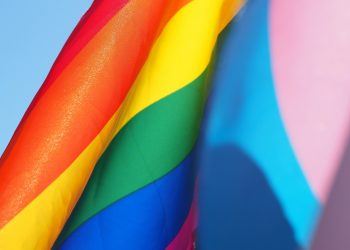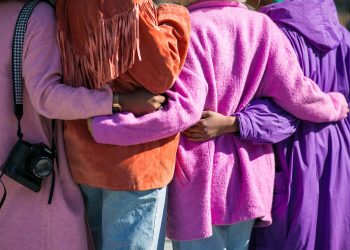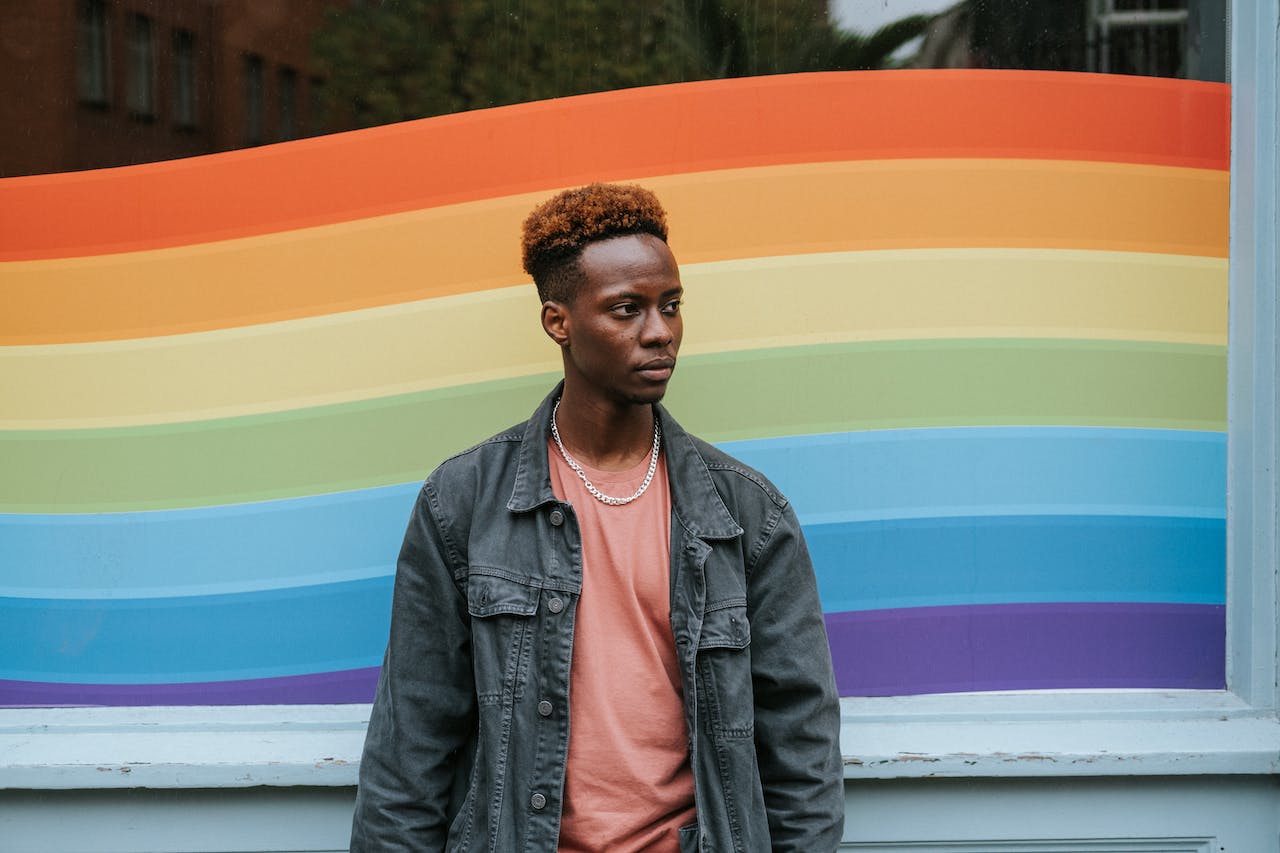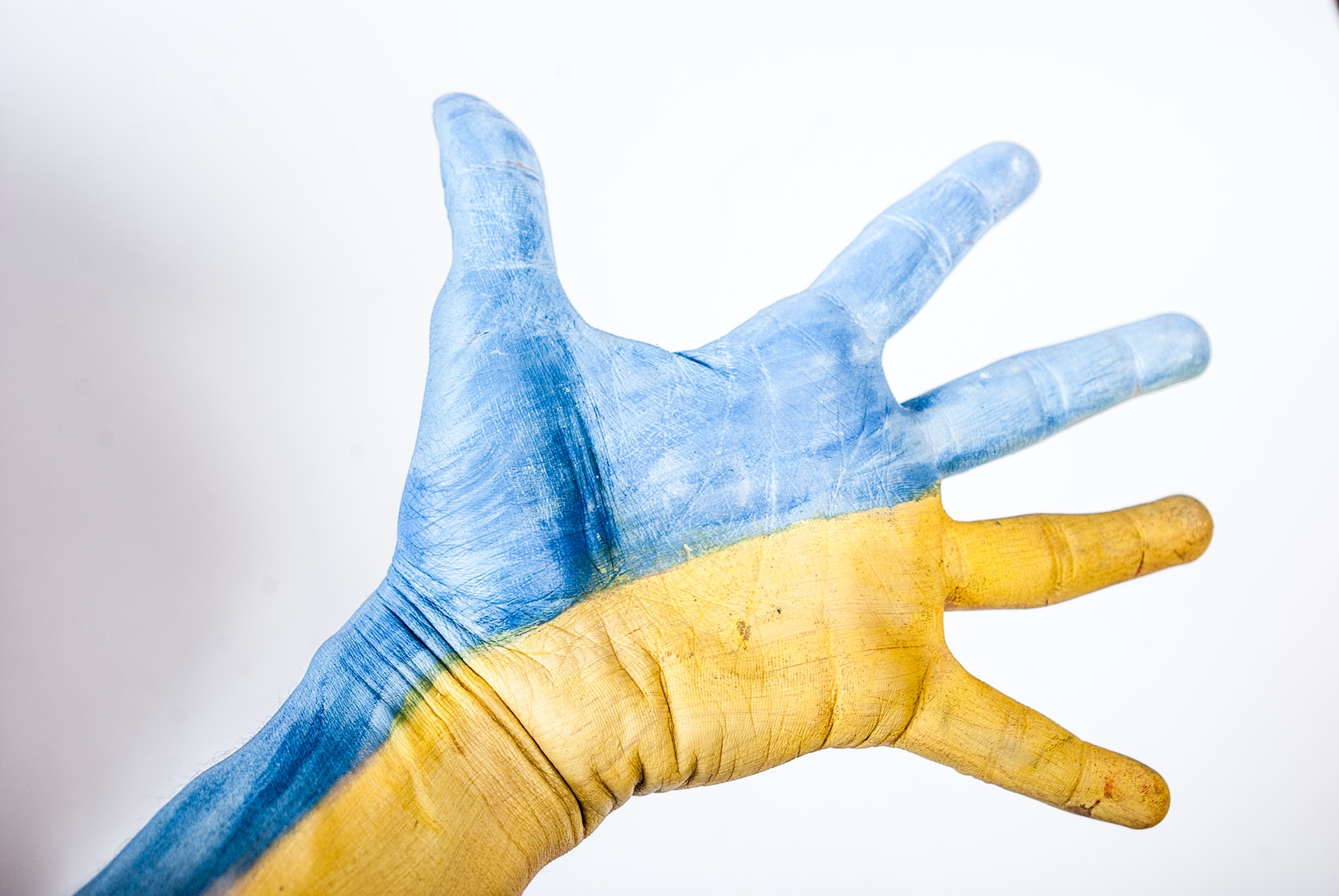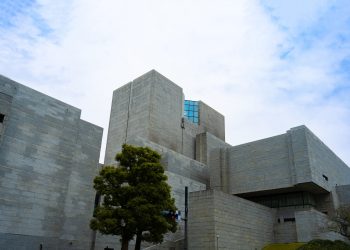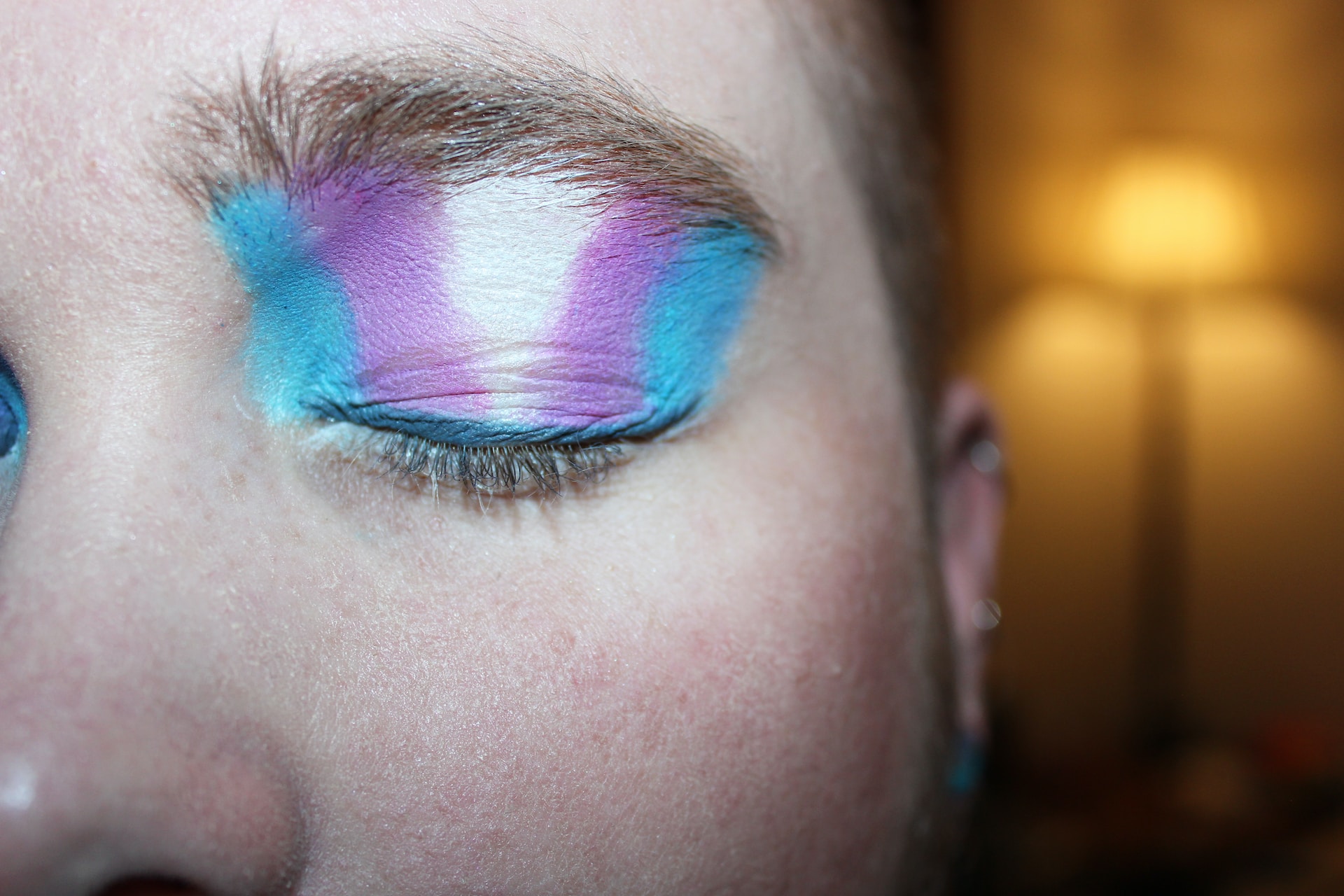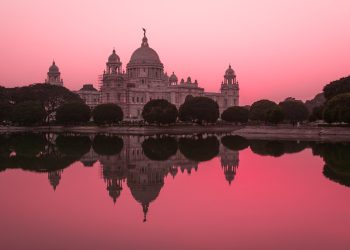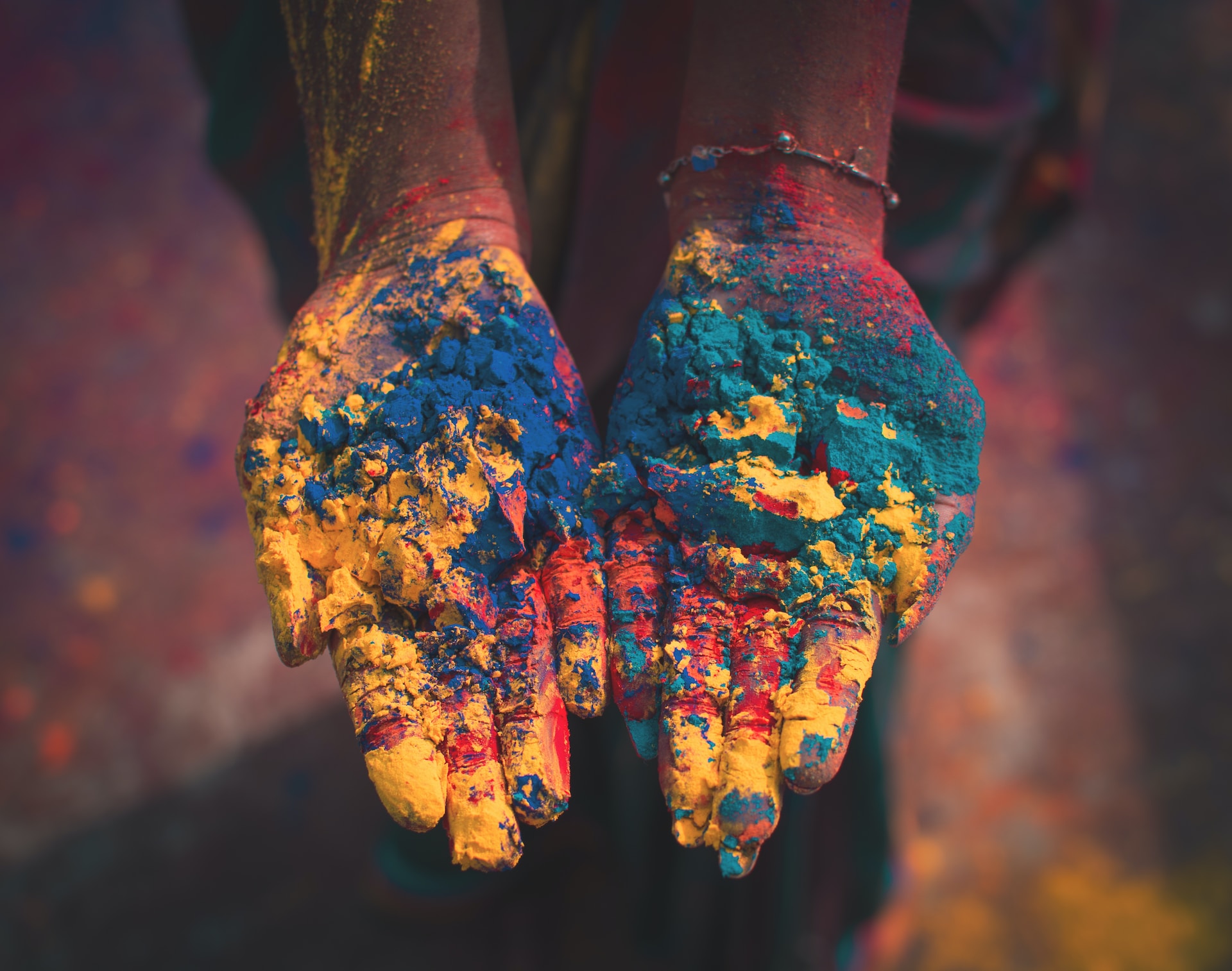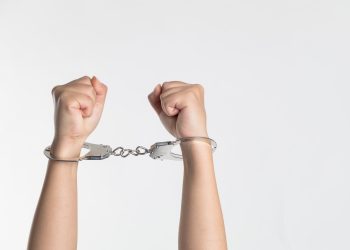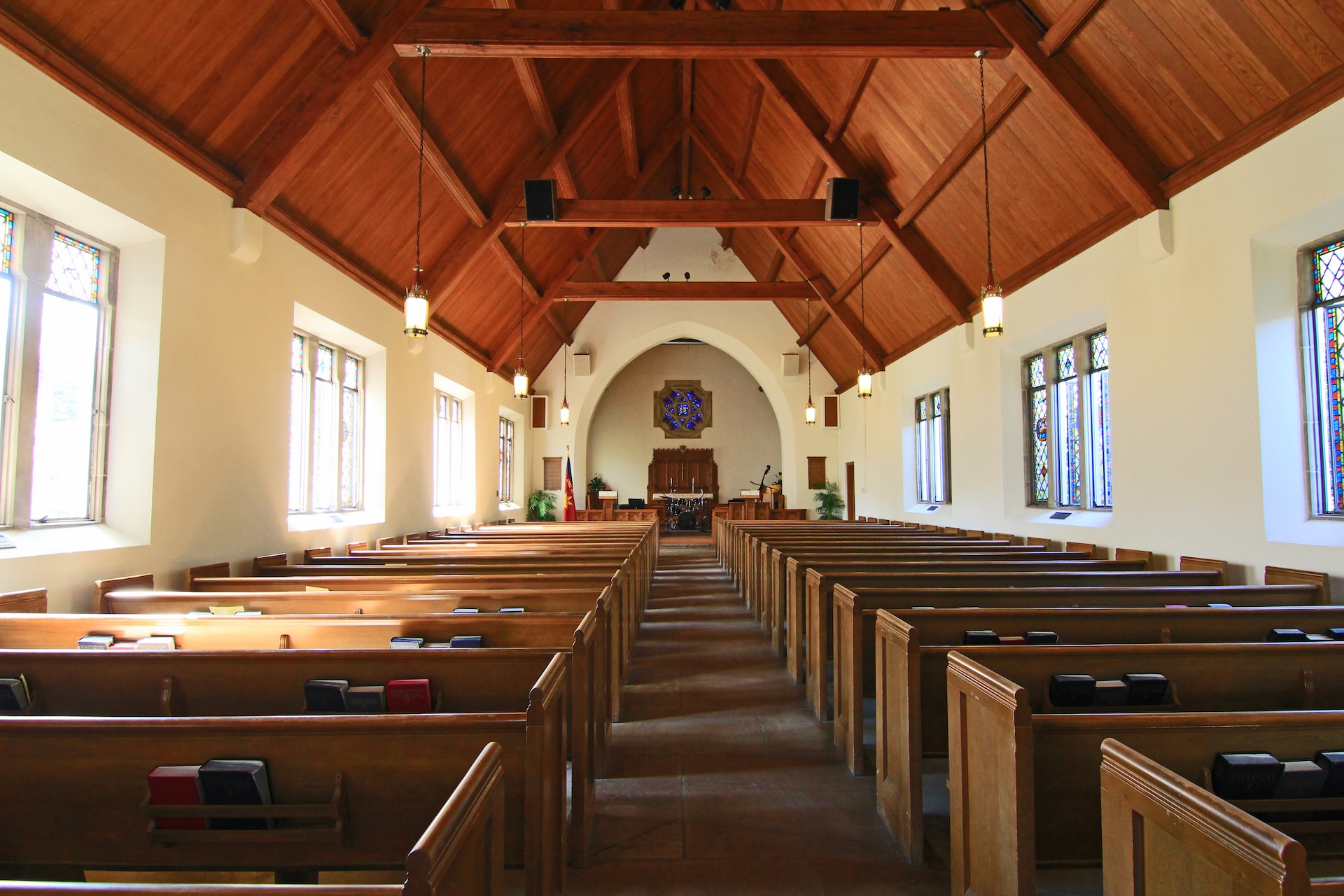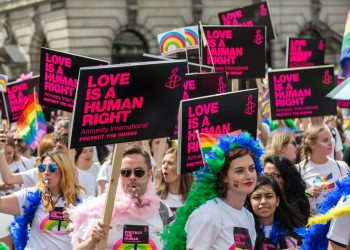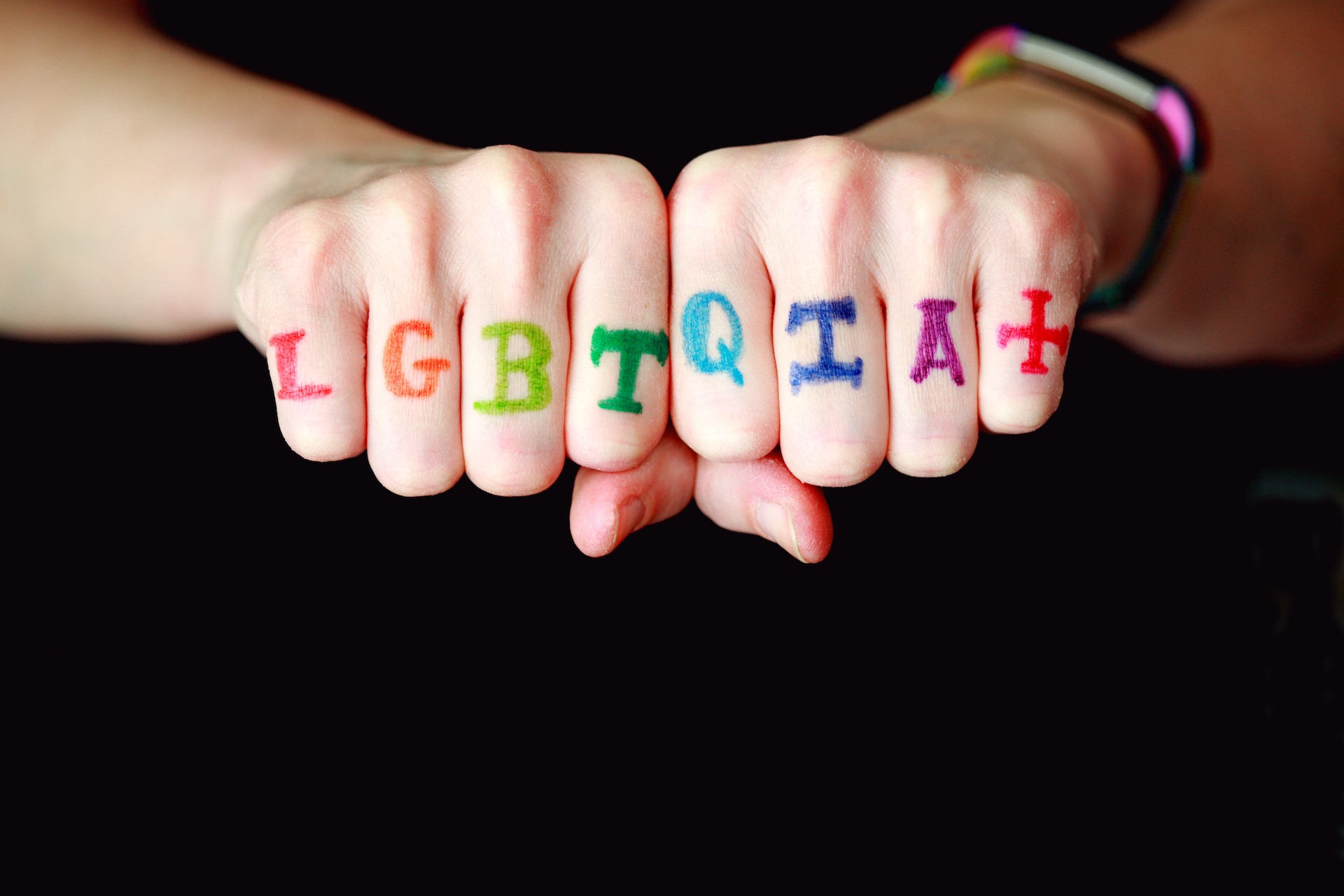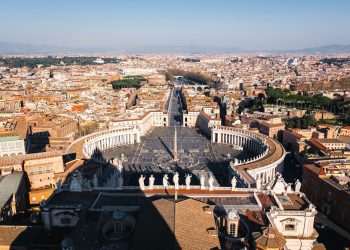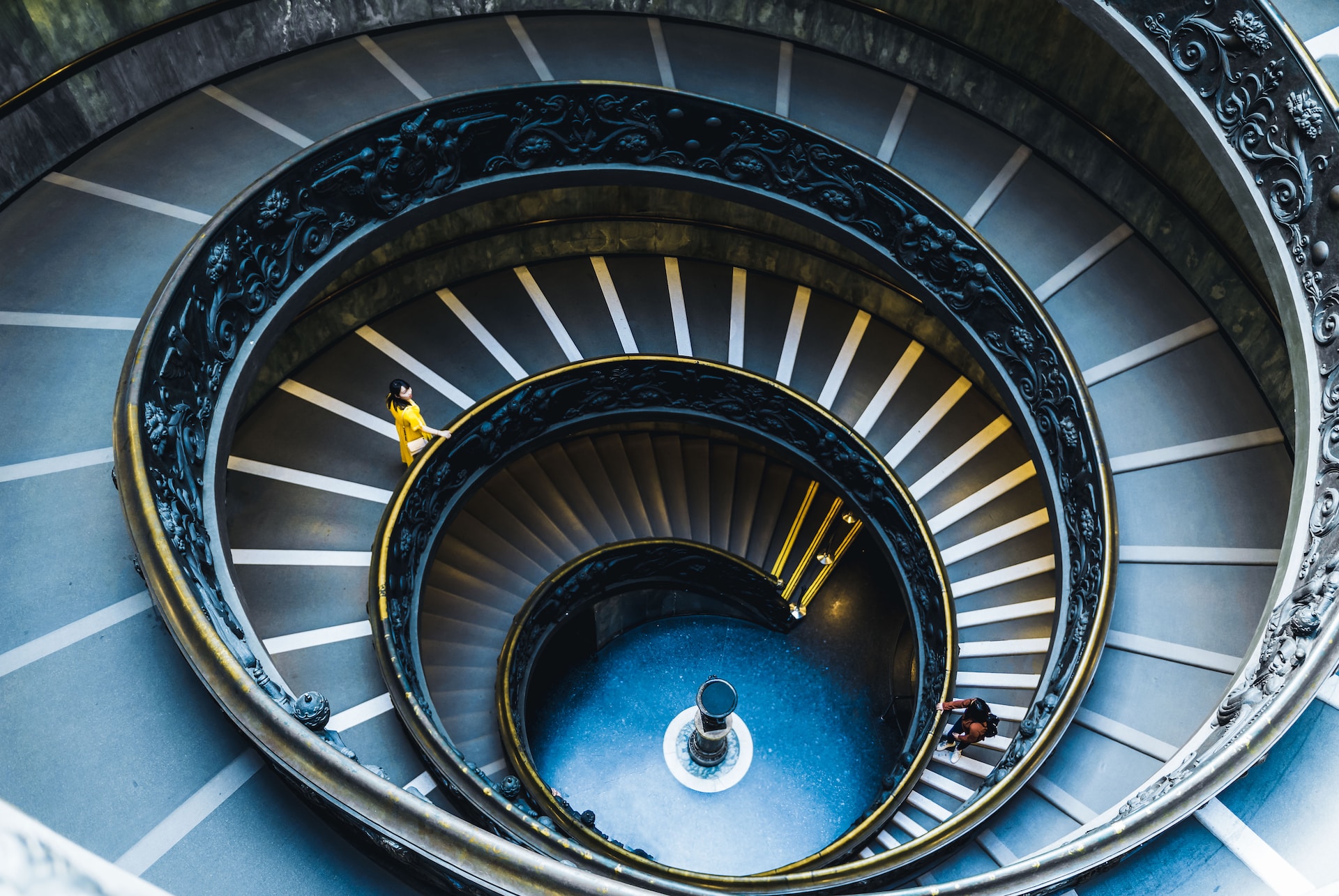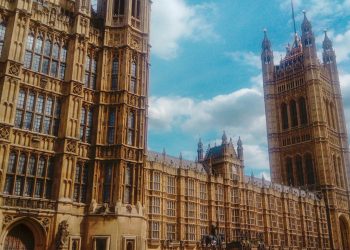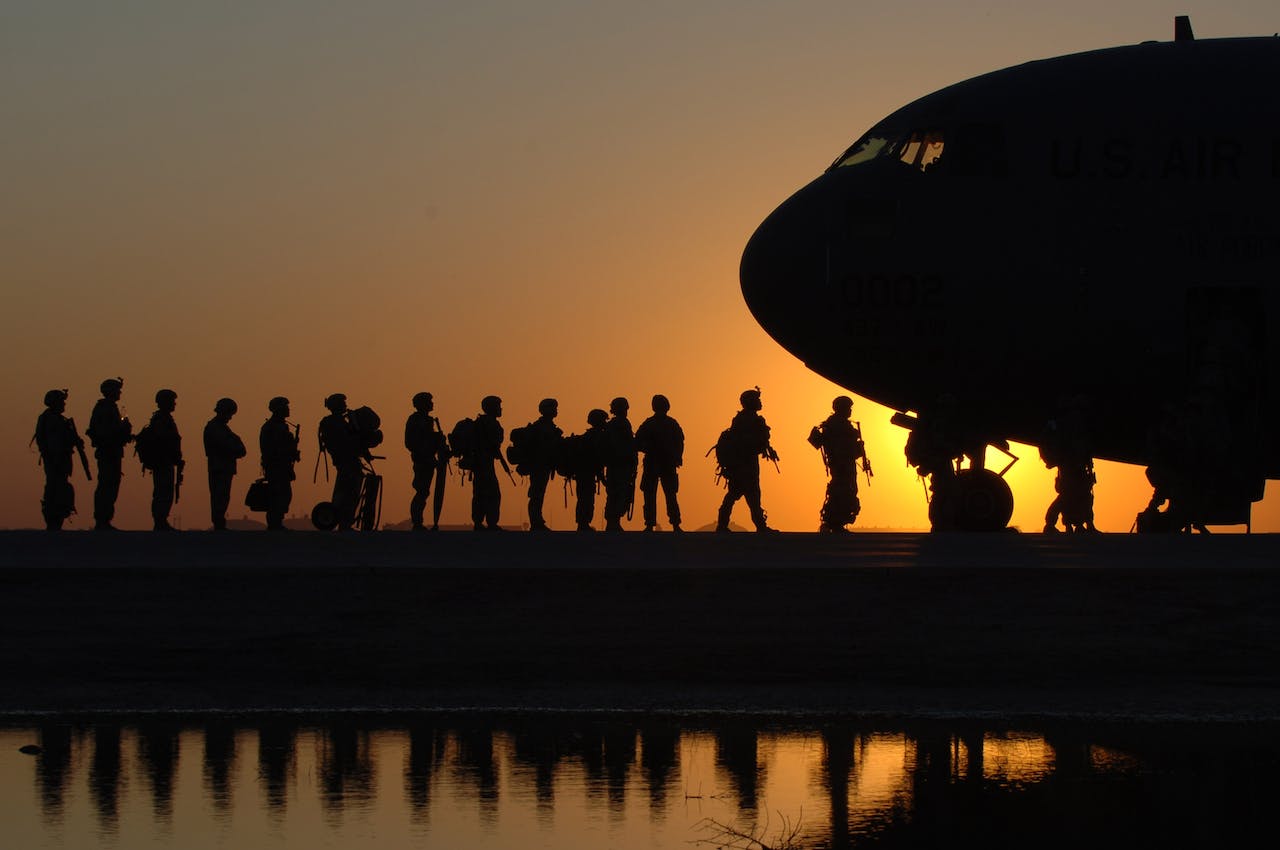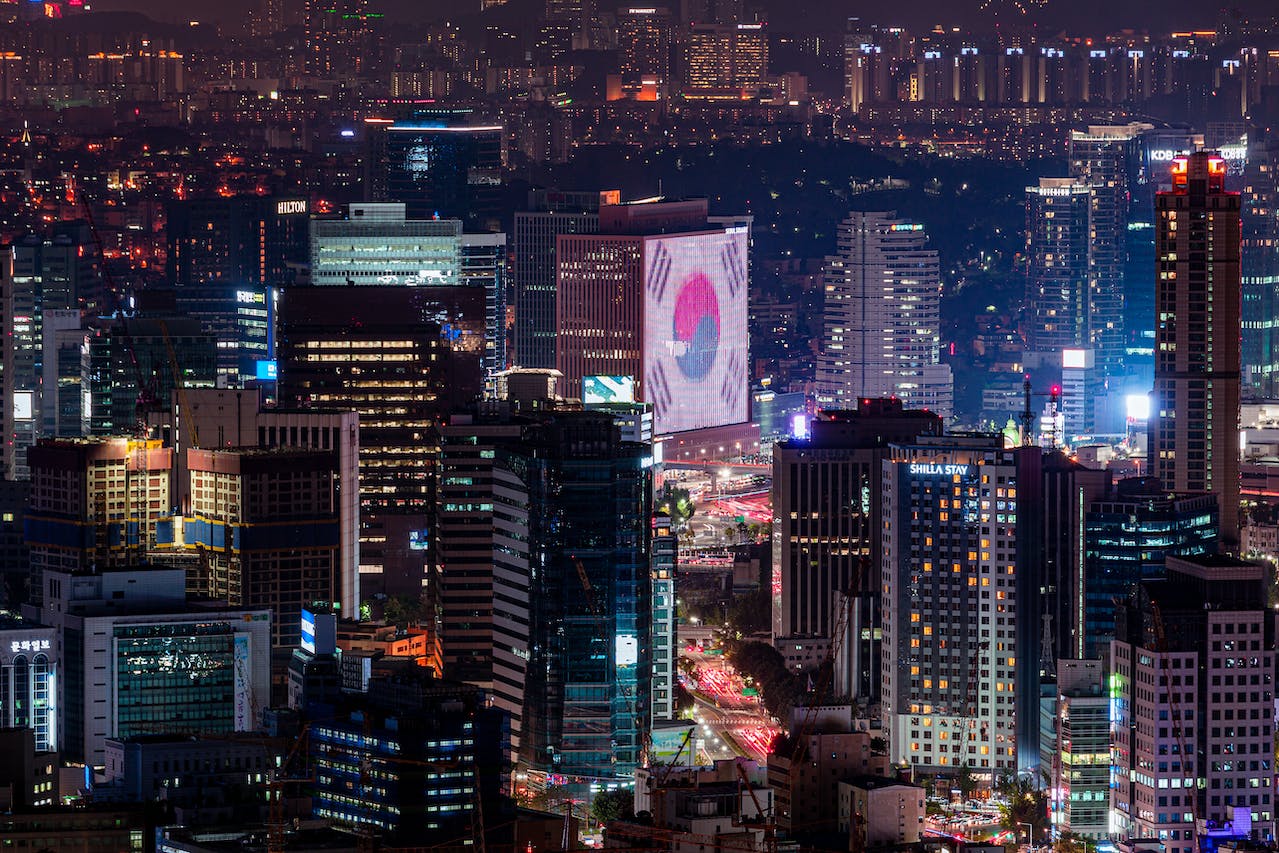Block Island – Nestled in the heart of Rhode Island, Block Island is renowned for its breathtaking cliffs, untouched beaches, and now, its burgeoning Block Island Pride festival. This scenic summer hotspot, already famous for its outdoor activities, has added another jewel to its crown with the annual celebration of love, acceptance, and Pride.
A Young but Promising Tradition
Although the inaugural Block Island Pride was held as recently as 2021, the event has rapidly made its mark in the Pride calendar. It’s not just a parade; it’s a vibrant celebration encompassing diverse events, from pulsating techno beats to the glitz and glam of drag shows. As the festival matures, its trajectory promises a growing attendance with every passing year.
Four Days of Unabated Celebrations
In 2023, from September 14th to 17th, Block Island was awash in a sea of rainbow colors, signaling the commencement of the Pride festivities. The island, otherwise known for its serene beauty, pulsated with energy, enthusiasm, and the spirit of Pride.
More than Just a Parade
While the parade remains the centerpiece, the true essence of Block Island Pride lies in its expansive program.
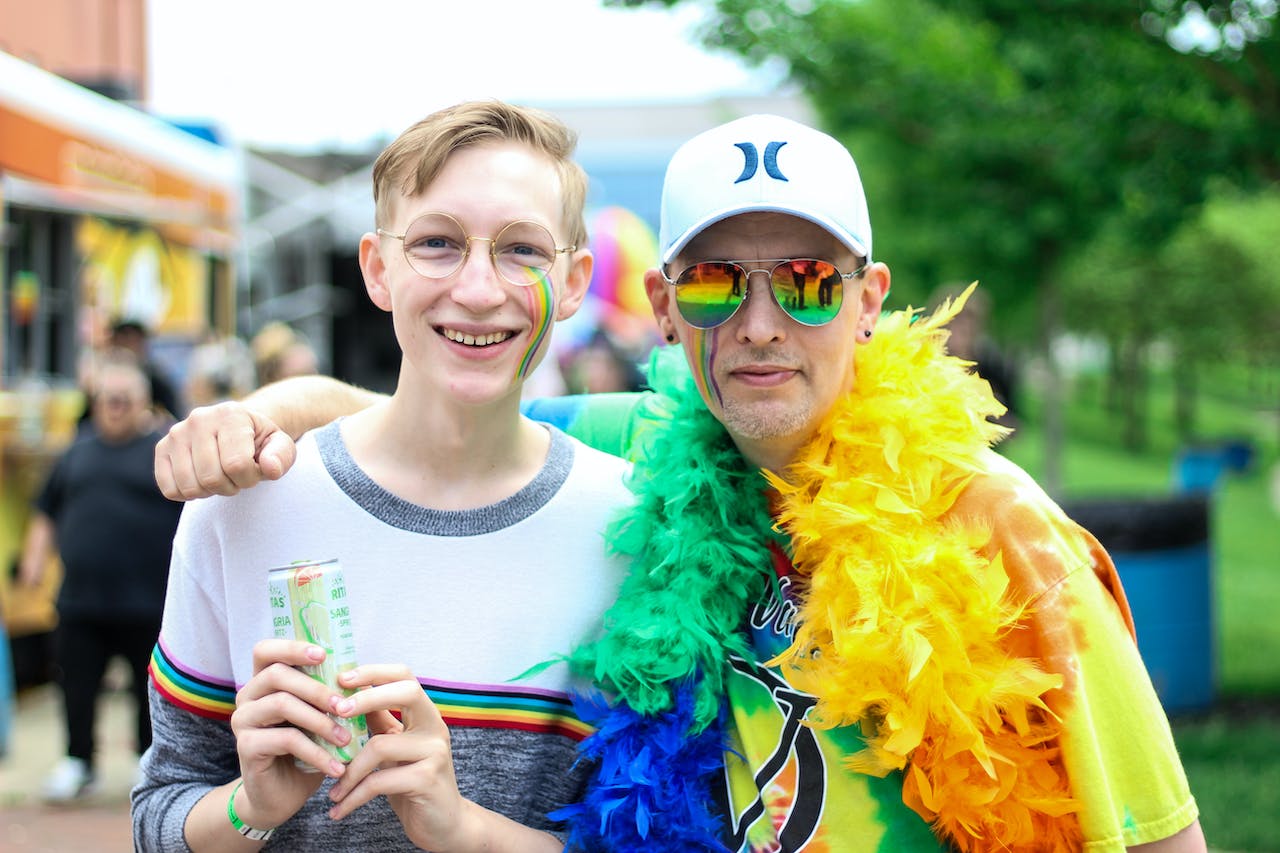
Attendees had a plethora of choices:
- Energetic techno parties for those looking to dance the night away.
- Drag shows showcasing the talent, humor, and charisma of the island’s drag community.
- Workshops and discussions that delve into the history, challenges, and future of the LGBTQ+ community.
- Family-friendly events, ensuring that Pride is an inclusive celebration for all ages.
A Symbol of Inclusivity in a Natural Paradise
Block Island’s commitment to Pride is more than just a festival; it’s a statement. In a world where acceptance is still a battle for many, Block Island stands as a beacon of hope, signaling that love knows no bounds, and every individual, irrespective of their sexuality or gender identity, deserves respect and a place to call home.
Looking Ahead
As Block Island Pride wraps up its 2023 edition, plans are already underway for an even grander celebration next year. The island is not just a summer retreat; it’s a place where love, acceptance, and Pride converge in the most beautiful of settings.
©unitedradiance.org

